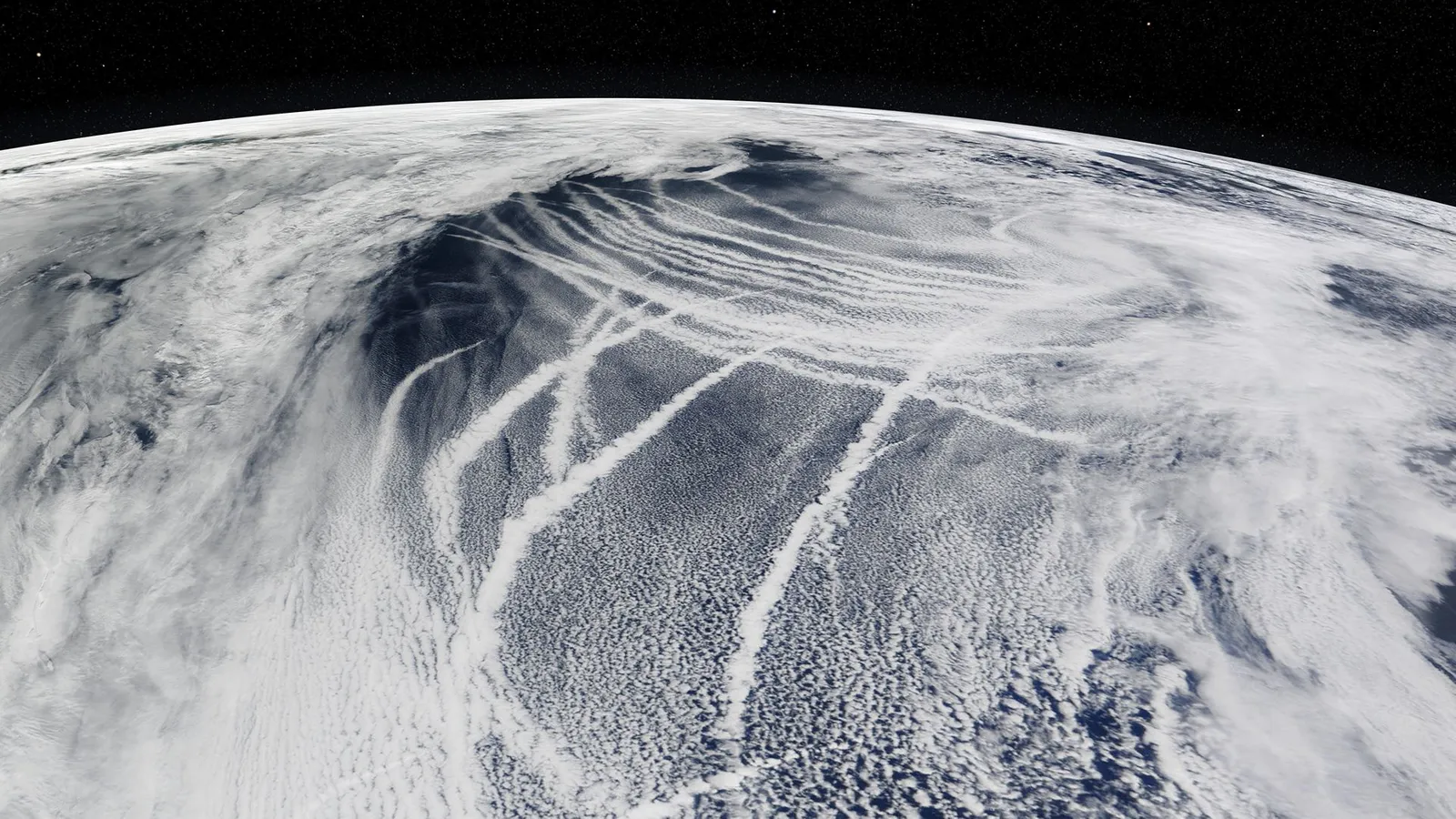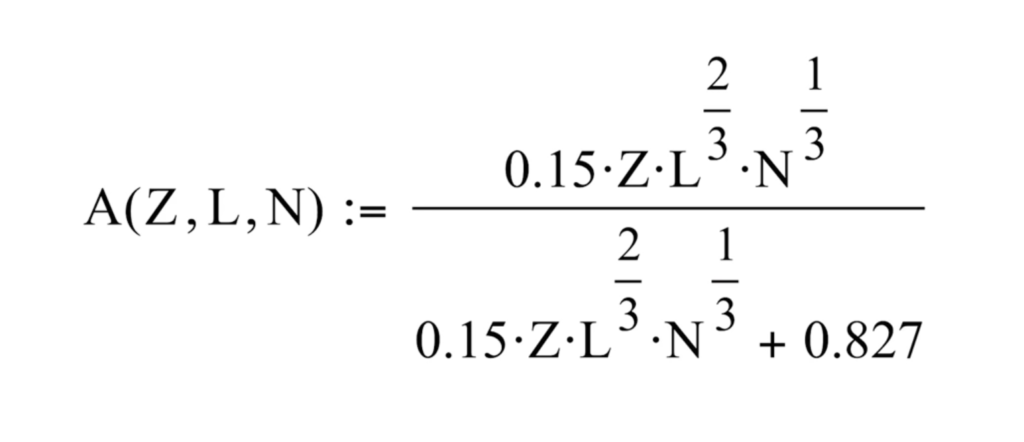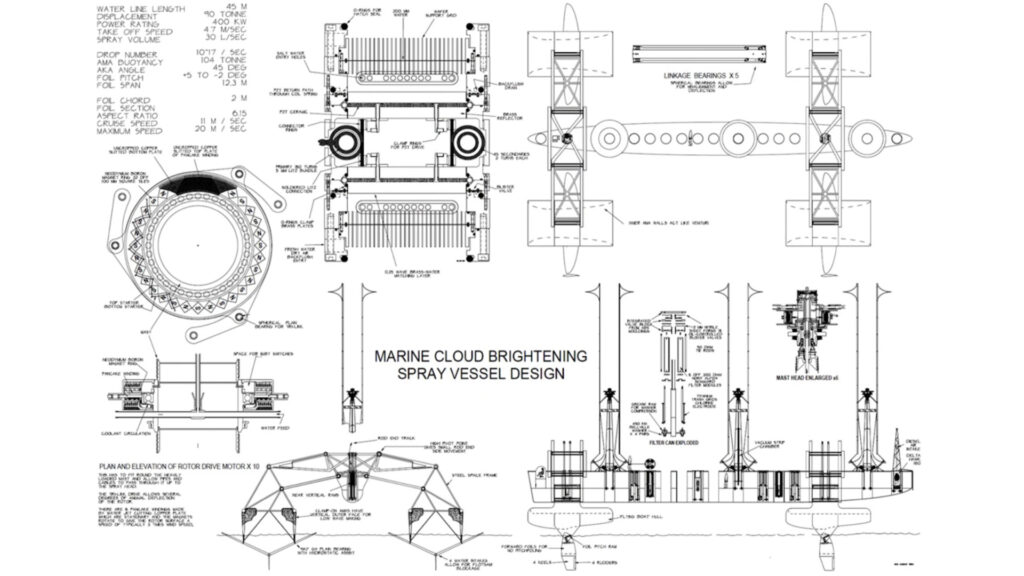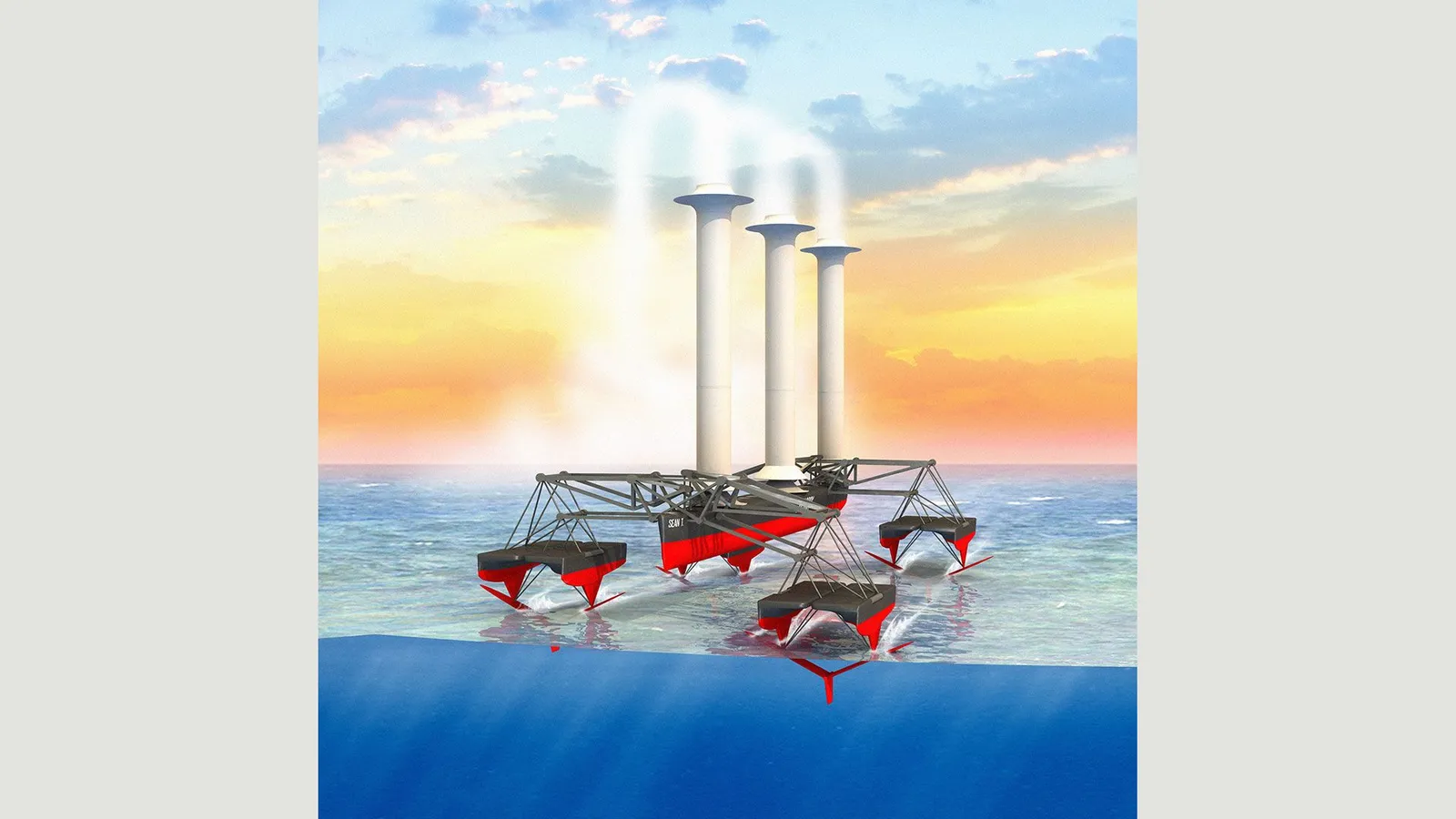Mankind has always strived for Development! Development over the last few decades seemed so ambiguous to humanity that they misinterpreted it for Evolution. A Naturalist Charles Darwin is best known for his Theory of Evolution and a shotgun action-packed one-liner- “Survival of the Fittest.” That’s what a group of highly elite and politically settled men took it seriously to heart!
In the last article, a vague and fancy sci-fi term ‘Geoengineering’ was emphasized as humanity’s last resort before it’s too late for Self-Destruction. Read the previous article in case you need a quick glance at Geoengineering.
Geoengineering: A Really Horrendous and Colossal Climate Cheat-Code
Climate Change is here. However, we might have something that can buy us crucial time before an inevitable disaster. A Cheat Code to hack nature- Geoengineering!
A brief history of nature’s experiment confirmed the practical viability of this concept. However, artificially mimicking that sort of condition is something that’s not on the To-Do list that would save us from the inevitable. However, researchers think there are other ways to cool down the planet like seawater, feed iron-rich nutrients into the ocean, or make clouds rain with Sahara dust. As cool as these methods sound, the biggest question is- “Would this really work?”
Cirrus Cloud Seeding
The primary idea is to dissipate the formation of homogenous Cirrus clouds that block the outgoing infrared radiation (OIR), resulting in a heating cycle; Cloud Geoengineering. The support evidence for the theory came in from a Chen et al 1992 and Hartmann et al 2000 Research paper where the top-of-atmosphere global annual cloud forcing for cirrus was +2.4 W m-2. Since Greenhouse gases trap OIR to heat the planet and clouds have the greatest impact on the atmosphere, it makes sense to target a cloud for climate engineering.

To further understand the process, we have to study the formation of Cirrus clouds. Cirrus clouds are thin streaks of clouds that are formed at an altitude of roughly 5.0 – 13.7 km above the earth’s surface. They form when the supercooled water droplets and water vapor begins to deposit on ice nuclei. An ice nucleus is typically a nucleus for crystal growth. Cirrus clouds form in two ways: homogenous and heterogeneous. In homogenous the supercooled droplets deposit on ice nuclei to begin crystal growth without the intervention of any foreign particle. This process usually requires around -35°C and a humidity level of 150%.
Whereas in Heterogeneous, the intervention of foreign particles leads them to act as ice nuclei so the process can occur at -10°C. Heterogenous clouds form heavy ice crystals due to more affinity between fine dust and water, therefore, widening the gap between each subsequent crystal. This gap lets the OIR escape to space, hence the cooling effect!

That’s what the researchers are trying to accomplish, the prevention of homogenous nucleation by Geoengineering. By seeding the upper troposphere with efficient foreign ice nuclei would prevent the freezing of many ice droplets and instead crystals would grow on the artificial nuclei. At higher saturation and lower temperatures, homogenous is more dominant.
But at temperatures around -20° to -10°C hetero would take over, so if somehow a right number of efficient ice nuclei were to be introduced in these cold temperatures, it would completely dominate over homo resulting in larger ice crystals. The Negative Twomey effect would reduce the concentration of ice crystals by 10 times dissipating the cirrus clouds, hence nullifying the Greenhouse effect.

Researcher Urlike Lohmann proposed to use Sahara dust that can be sprayed using aircraft. She is sure that the dust of the Sahara Desert is the likeliest candidate because we know it won’t do much harm to the ecosystem. Another likely candidate is BiI3 (Bismuth Tri-Iodide) which costs around 1/12 of AgI and is proven to work in the Cirrus Geoengineering model.
[David L Mitchell and William Finnegan 2009 Environ. Res. Lett. 4 045102]
But a small-scale test of Cloud -Geoengineering would be lost among the noise of natural variability of the clouds. Hence, a need for large-scale experimentation is needed to confirm the success of this experiment.
Meanwhile, a group of Geoengineering pioneers is working on a strategy to brighten the clouds so that more sunlight would be reflected and less radiation would be absorbed in the first place.
Marine Cloud Brightening

In the 1970s when Emeritus Professor Stephen Salter was working on waves and tidal power, British atmospheric scientists John Latham and Sean Twomey contacted the Professor about the brightening effects of clouds. While some clouds seemed very white, Sean Twomey observed that some appeared gray while thunder clouds almost appeared black. He made these observations when he noticed the pollution trails left by ships.
The trails were the same as the ones left by airplanes. John Latham noticed that pollution particles left condensation nuclei for water to congregate upon. Since the pollutants were relatively small in size than natural particles, they formed more and more small water droplets; and the smaller the droplets, the whiter the cloud, the more reflective it is.
Twomey began to ponder over the factors that affected the optical density of clouds and came up with an ingeniously mindblowing equation called the Twomey Effect.

Carefully examining the equation and relationship between all the factors, it is clear that an increase in the number of condensation nuclei increased the reflectivity for a constant amount of liquid water. John proposed the idea of artificially brightening marine stratocumulus clouds, the type of Geoengineering he believed would work and counteract global temperature rise. He said that the effect could be mimicked by benign, natural particles such as sea salt. The plan was insanely simple to design a spraying system that could spray billions of these particles high in the air through sea routes.
Salter was asked to design an unmanned ship-like vehicle that would spray around 10 m3 of 0.8-micron salt every second in a fine mist towards the cloud layer. Therefore, he designed an unmanned, computer-controlled hydro-foil ship that would do the work.

“Spraying up to 10 cubic meters/sec would undo all the damage we have caused to the world,” says Salter and it would cost less than it costs to host the annual UN climate conference which is around $100-$200 million every year. He claims that 300 of his autonomous fleet could make the global average temperature drop by around 1.5°C. However, their experiment was not approved for testing amid the controversies about the negative consequences of the geoengineering experiment.

Thus, scientists are worried that these kinds of wizardry would be kept as a last resort if things would start to go south. At that desperate time, implementing these kinds of tricks without studying their negatives would result in dire repercussions. Earth Friendly community cites that they would only consider doing Geoengineering if they are sure they could stop any time without it coming back to bite at us.
The Science is unambiguous; existing technologies are not enough to help us reach the finish line. It’s probably only a matter of time until radical Geoengineering comes into play. We have the technology to hack the planet! But do we have the wisdom?
R.D.X



